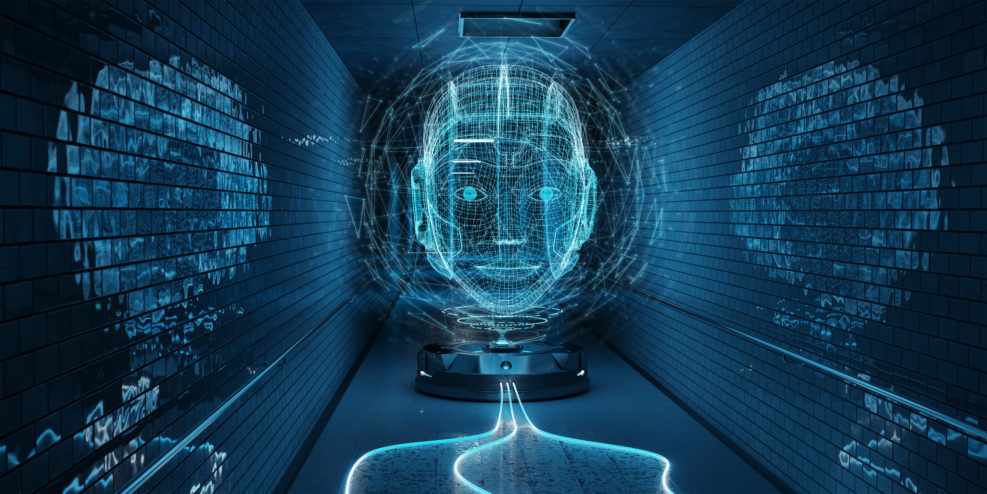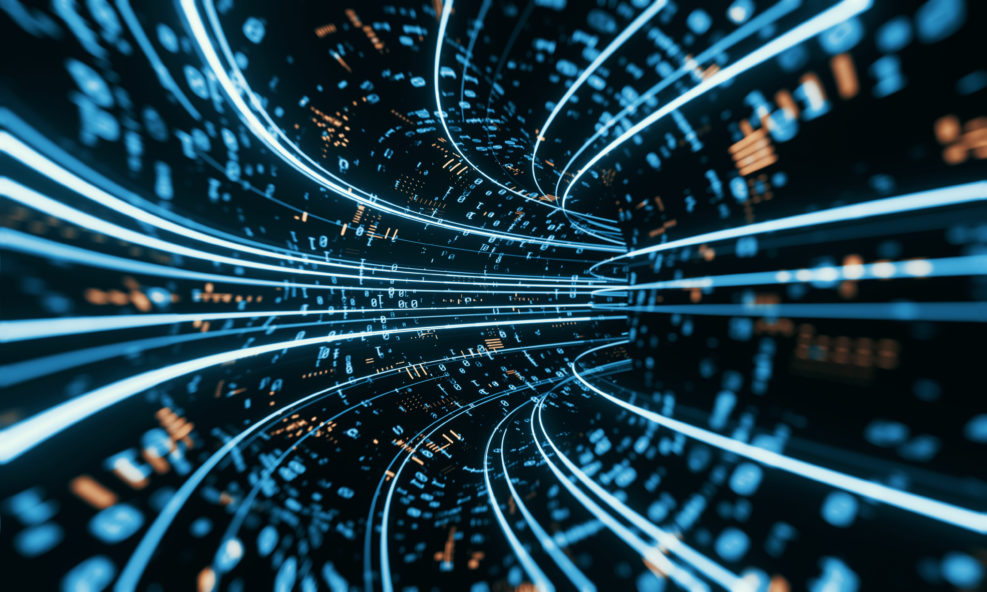
How Social Media Are Changing Politics From the Ground Up
Campaigns are much and easier to organize online so lawmakers may be hearing from people they didn’t used toThe internet has been a boon for citizen lobbyists. Everyone from societies for animal protection through environment activists and legal pot activists is offering tips, primers, and courses to those who want to influence government without quitting their day job and moving to the capital. . European law prof Alberto Alemanno spotted the trend and wrote a book about it, Lobbying for Change: Find Your Voice to Create a Better Society (2017): Participation now happens with little cost or effort. And it means that a greater number of citizens – who have traditionally not participated – are becoming more politically active, or at least more open to persuasion by those that are. People have also become politically more promiscuous. Today’s Read More ›


















